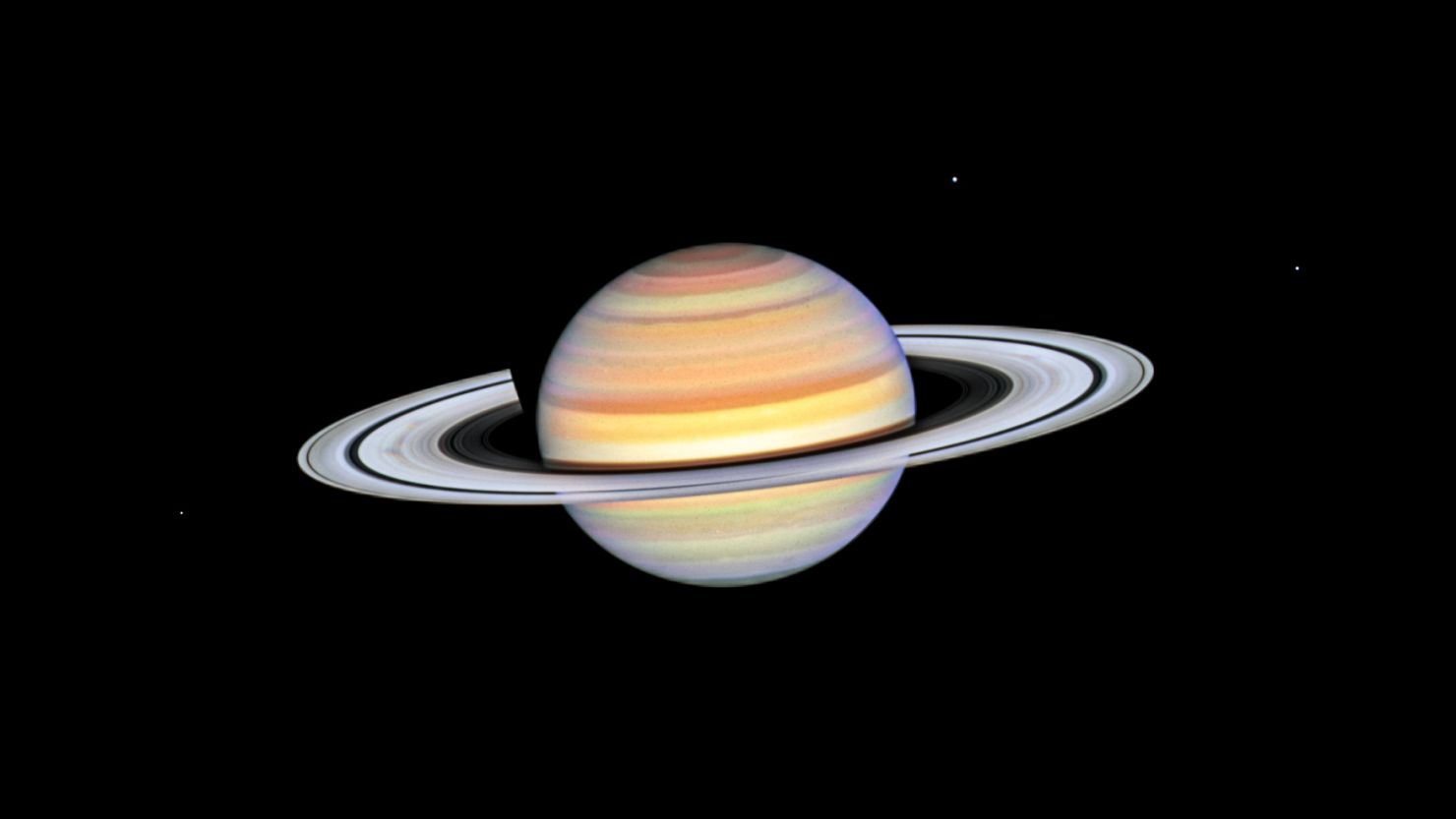
ONE of the most terrifying things about the Covid-19 pandemic was that the world was very unprepared for a global pandemic of its nature and scale.
Until it struck, it seemed unfathomable that a country like the United States would run out of things such as masks and basic protective equipment.
Or that all the warnings that doctors in Italy — that, along with the medics, was hit relatively early by the pandemic — would not be heeded by a large part of the world. In those early days, ventilators were in short supply but sometimes when one country tried to help another, half the things with half the parts would be sent and the body bags would continue to pile up.
It was because of the alarming lack of preparedness of the world to deal with the pandemic that, in 2020, the United Nations decreed Dec 27 as the International Day of Epidemic Preparedness.
The idea behind the annual commemoration is for countries to take stock of their level of preparedness for epidemics and pandemics.
Every year, the day can serve as an assessment point that make institutions and governments see where they stand in terms of preparedness before the next epidemic strikes, whether on a large or limited scale.
While it is easy to scoff at such things, it bears mentioning that in the US, the National Security Council unit that oversaw this sort of preparedness was disbanded by then president Donald Trump.
There was no international check point that could spur decision-makers to consider what would happen if the world suddenly had to be shut down for months on end.
In the Global South, the terror of the Covid-19 pandemic did not end even when a vaccine had been developed. The mRNA vaccines, including Pfizer and Moderna, that led the charge were developed in the Global North where cash-and resource-rich governments had been funding such vaccine research for many years.
Once the pandemic began and scores of people were dying in places such as London and New York, governments began to pour hundreds of millions of dollars into the exercise of speeding up vaccine development and then after that ensuring that their laboratories had the capacity to produce vaccines as fast as possible.
This was the reason that people in the US were some of the first to receive the new vaccine. For many months, this was the status quo with no real plan of how the best vaccines could be procured by the Global South.
One of the big problems was that the drug companies and governments that had funded the development of the mRNA vaccines were not particularly eager to share the data that would have allowed the same vaccine to be developed at a much cheaper cost and made available for the publics of the poorer countries.
This is why India, itself a major producer of vaccines, saw the large number of casualties that it did. The low availability of the vaccine in that country meant that the vast majority of the population had not been able to get vaccinated against Covid-19 because the government had not been able to procure enough supplies for the population.
The consequence, with thousands dying daily so that even the crematoriums could not keep up with the pace of death, is imprinted as an indelible catastrophe on the nation’s psyche.
Countries in the Global South had to rely on the goodwill of wealthier countries to obtain the most effective vaccines against Covid-19.
While Pakistan was relatively more fortunate in that there was never a mega surge of the same proportions, it is also true that the country relied for quite a while on supplies of Covid vaccines from wealthier countries.
Indeed, it was through the US that Pakistan was able to get the first Pfizer vaccine while China provided the first shipment of the (non-mRNA) vaccine. Other countries also sent vaccines to Pakistan.
The point of this is that most countries in the Global South had to rely on the goodwill of wealthier countries to obtain the most effective vaccines.
There was no agreement in place that would allow the vaccines developed in the West to be easily and cheaply mass-produced and be made available to the Global South, despite the fact that their absence was causing tens of thousands of casualties in many countries.
Because of this ongoing impasse, many middle-income countries in Latin America and Africa have started to expand their own research and development capacity to produce vaccines.
Beyond this, it is worthy to note that the International Federation of Pharmaceutical Manufacturers Association based in Geneva has opposed any effort to relax intellectual property rights during pandemics because they insist that this will actually hamper the fast and effective production of vaccines.
Instead, it has signed on to the Berlin Declaration, which is a non-binding document that promises to try and allocate effective vaccines for priority populations located in the Global South. The Berlin Declaration does not get away from the problem of leaving availability to the goodwill of the richer countries.
Whether it is individually or through multilateral efforts, Pakistan must make it a priority to develop and publicise epidemic preparedness so that it has a better plan in place than relying on the goodwill of rich countries.
On the national level, an assessment needs to be carried out of the plans that are already in place both in public and private institutions. It is important to remember that some of the economic morass in which the country finds itself can be attributed to the unpredictability of closures, such as during the Covid-19 period.
Planning ahead to minimise the effects of any large-scale disease could ensure that Pakistan is better prepared and less vulnerable to a human and economic catastrophe when the next epidemic strikes.
The writer is an attorney teaching constitutional law and political philosophy.
rafia.zakaria@gmail.com
Published in Dawn, December 27th, 2023












